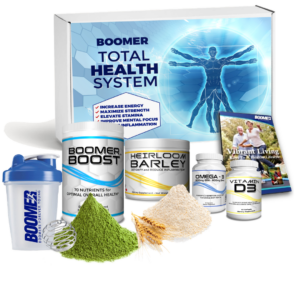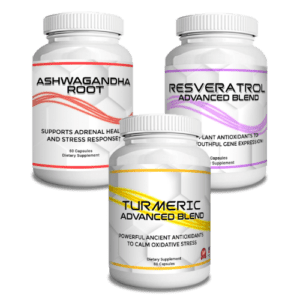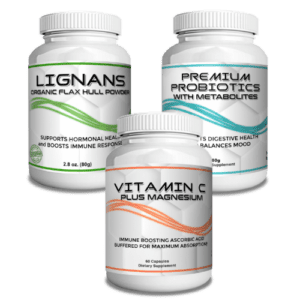Knowing Your Numbers

Important Information Regarding Tests Your Doctor Orders
And What The Numbers Mean For You
 Have you ever wondered what all those numbers mean when your doctor orders blood tests at your yearly exam? We all can be overwhelmed by all the information that is given to us during these exams. However, it is essential to understand what those results mean for you and their impact on your overall health. Our philosophy is that an informed person makes better decisions regarding their health, and testing can shed light on problem areas. Below is a list of tests that can better identify health problems you might be dealing with and what they mean to you:
Have you ever wondered what all those numbers mean when your doctor orders blood tests at your yearly exam? We all can be overwhelmed by all the information that is given to us during these exams. However, it is essential to understand what those results mean for you and their impact on your overall health. Our philosophy is that an informed person makes better decisions regarding their health, and testing can shed light on problem areas. Below is a list of tests that can better identify health problems you might be dealing with and what they mean to you:
BLOOD PRESSURE:
Your blood pressure is similar to tire pressure. If a tire has too much pressure, it will pop. High blood pressure can be deadly and is sometimes called "the silent killer." Therefore, your blood pressure needs to be checked regularly. The bottom number of a blood pressure test refers to the blood pressure between beats. This number is called diastolic pressure. The top number is called systolic blood pressure and indicates how much pressure is on your arterial walls. As we age, more attention is typically given to the systolic pressure for people over the age of 50. Arteries tend to stiffen in this age group and can have more significant plaque buildup causing cardiac and vascular disease. Therefore, it is imperative to keep track of these numbers. The ideal range for blood pressure is less than 120 for the systolic pressure and 80 or less for the diastolic pressure.
A1C TEST:
This test is the average of your Blood Sugar over the last three months. It's essential to have an A1C lower than 6.0, as a high number indicates Diabetes. Ensure you eat a healthy diet and exercise at least 30 minutes daily to lower your chances of having Diabetes.
C-REACTIVE PROTEIN TEST:
This test is a nonspecific marker for inflammation and infection in the body. It can also be an indicator of cardiovascular disease. Conditions such as autoimmune disorders, pericarditis, infection, cancer & obesity can also elevate the C-Reactive Protein Test. This test's ideal range is less than .5 since this would mean there is very little inflammation in the body. Lowering inflammation is an excellent way to ward off disease at any age.
VITAMIN D TEST:
This vitamin helps your body absorb calcium, which, in turn, enables you to maintain healthy bones. Vitamin D is produced when the sun's UV rays come into contact with your skin. Other sources of Vitamin D include fish, eggs, and fortified dairy products. If your Vitamin D level is low (any number under 30), you may experience bone pain and be diagnosed with osteoporosis. Additionally, it indicates that your immune system is low, and you may have difficulty fighting off viruses and bacteria.
IRON TEST:
This test can show you if you have either too much or too little iron in your system. If it's not enough, anemia can occur, and you may feel tired, dizzy, weak, or have pale skin, headaches, or a fast heartbeat. Too much iron can lead to life-threatening conditions such as liver disease, heart problems, and Diabetes. One way to reduce the amount of iron you have in your body is to donate blood. Be sure to have your physician check your iron level for either too much or too little iron before donating blood, however. Finally, knowing your numbers is an integral part of keeping yourself healthy. Make sure to get your numbers checked regularly by your Primary Care Physician.
BOOMER PRODUCTS that can assist with reducing inflammation, building up your immune system, and keeping your blood pressure in a healthy range are:

STRESS AND INFLAMMATION RELIEF BUNDLE








Leave a comment